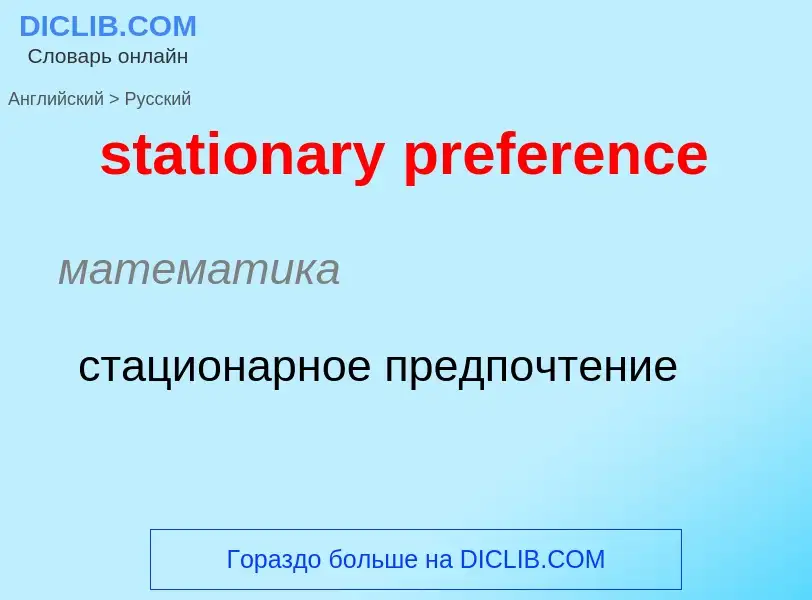Traduzione e analisi delle parole tramite l'intelligenza artificiale ChatGPT
In questa pagina puoi ottenere un'analisi dettagliata di una parola o frase, prodotta utilizzando la migliore tecnologia di intelligenza artificiale fino ad oggi:
- come viene usata la parola
- frequenza di utilizzo
- è usato più spesso nel discorso orale o scritto
- opzioni di traduzione delle parole
- esempi di utilizzo (varie frasi con traduzione)
- etimologia
stationary preference - traduzione in russo
математика
стационарное предпочтение
Wikipedia
Imperial Preference was a system of mutual tariff reduction enacted throughout the British Empire following the Ottawa Conference of 1932. As Commonwealth Preference, the proposal was later revived in regard to the members of the Commonwealth of Nations. Joseph Chamberlain, the powerful colonial secretary from 1895 until 1903, argued vigorously that Britain could compete with its growing industrial rivals (chiefly the United States and Germany) and thus maintain Great Power status. The best way to do so would be to enhance internal trade inside the worldwide British Empire, with emphasis on the more developed areas — Australia, Canada, New Zealand, and South Africa — that had attracted large numbers of British settlers.
The Dominions enacted policies of imperial preference in the late 19th and early 20th century: Canada (1897), New Zealand (1903), South Africa (1903), and Australia (1907). Due to its commitments to free trade, Britain did not reciprocate these trade policies until the 1932 Ottawa Conference amid the Great Depression.
The Ottawa Agreement had little, if any, effect on intra-Empire trade.




